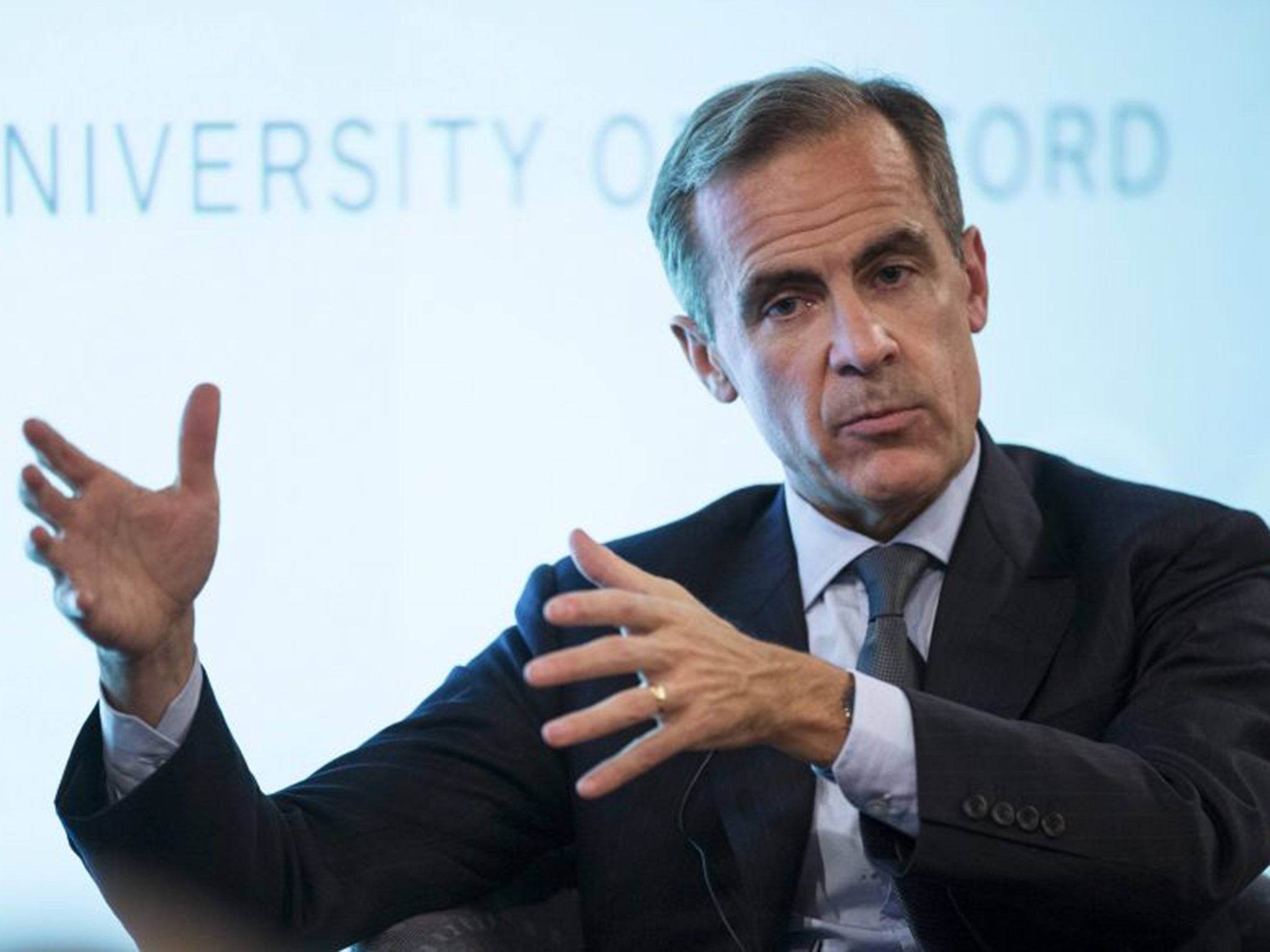Mark his words: The Bank of England Governor is not infallible but his thoughts on EU membership deserve a hearing

It has long been a convention that governors of the Bank of England should not be political creatures – or, at least, should not think aloud about areas of public policy that are deeply party political. Hence the criticism levelled at Governor Mark Carney, not least by former Chancellor Lord Lawson, for his supposed “wading in” to the debate on Britain’s continued membership of the European Union.
And yet the question of EU membership is not, strictly speaking, a party political matter, and, as something that is vital to the way the Bank approaches monetary policy and financial regulation, it would be odd indeed if the Governor were not to express a view on aspects of it. As Mr Carney pointed out in his speech, he was primarily concerned to present some opinions about how the EU affects the Bank’s ability to do its job; and not to compile a case for or against membership overall.
His arguments were measured, balanced and, for the most part, unobjectionable. In stating, for example, that the UK had “likely” benefited from a boost to its dynamism from EU membership over the past 42 years, he was pretty much stating the obvious. In engaging with the world’s largest single market, with free movement of people, capital, goods and services, Britain was bound to become an even more open economy, building on a proud and mostly uninterrupted policy of free trade with the rest of the world.
On the other hand, Mr Carney also pointed out the difficulties that EU membership can bring in economic management, though he was rather more muted than he might have been on these, perhaps out of diplomatic rather than political sensitivity. He did state that “further financial and fiscal integration within the euro area will be necessary to put economic and monetary union on a more sustainable basis”. That is something of an understatement, given that there seems little prospect of a fiscal union to bolster and underpin the euro, with the likelihood that the current crisis will not be the last.
The effect that has had on depressing growth in the eurozone, and with it the fortunes of British exporters, and on setting British monetary policy were not spelled out by the Governor with the clarity they deserved. And Mr Carney may not be entirely justified in implying that all of the UK’s relative economic revival since the 1970s has been down to joining Europe; that period also, after all, had a radical restructuring and liberalisation of the economy, for which the usual shorthand is “Thatcherism”. Still, if Mr Carney had mentioned Margaret Thatcher he would have been even more roundly condemned.
By dint of their duties, governors of the Bank have been hugely political creatures, usually acting behind the scenes. Sometimes they have agreed with ministers; other times they have argued. Some Bank policies have been wise, such as seeking operational independence under Eddie George and Mervyn King; others disastrous, such as the legendary governor Montagu Norman’s devotion to the pre-war gold standard.
Governors, in other words, have no monopoly on wisdom, even though they naturally exercise heavy influence on their nominal political masters. Perhaps it is better that they say some things in public, and are made accountable for them, such as what Mr Carney has said about Jeremy Corbyn’s plans for so-called “people’s quantitative easing”. Mr Carney’s views may be of more value than many a politician’s; but we can, as an electorate, take them or leave them.
Join our commenting forum
Join thought-provoking conversations, follow other Independent readers and see their replies
Comments
Bookmark popover
Removed from bookmarks